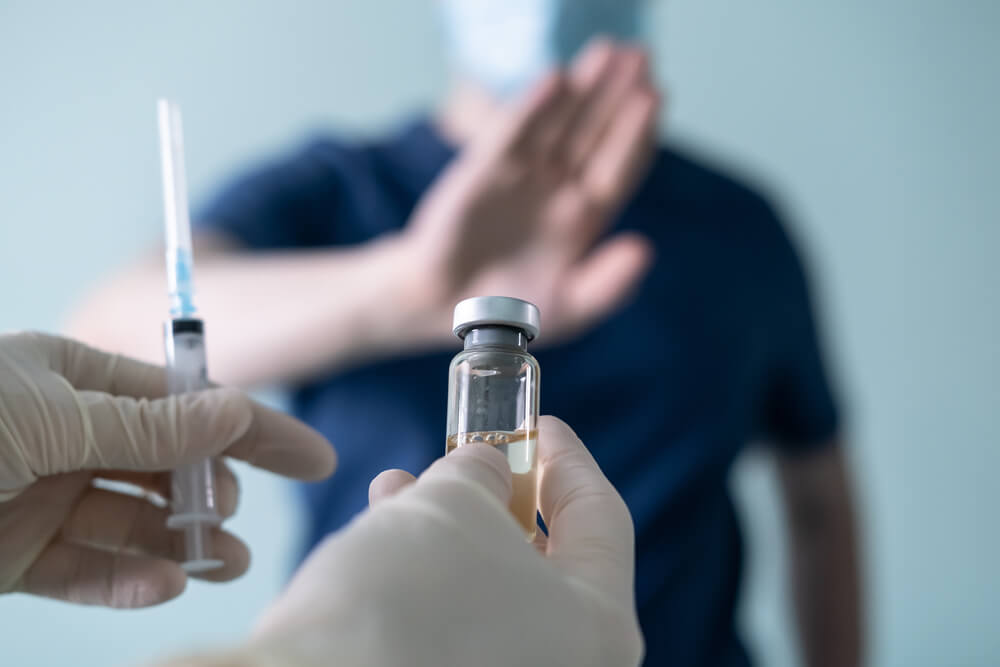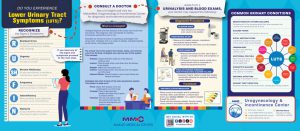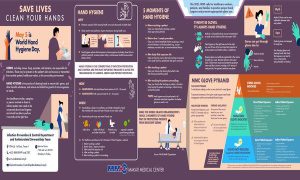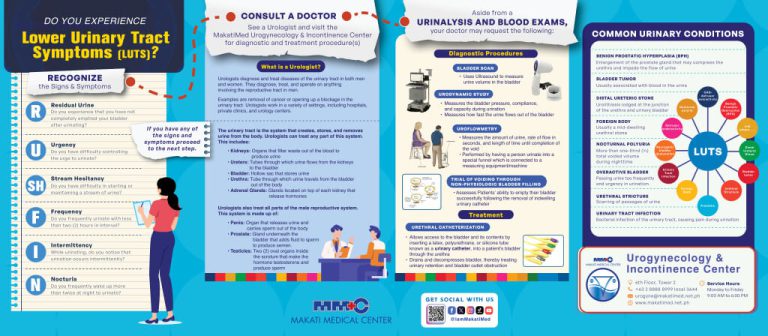To this day, brave and persevering frontline workers and scientists are doing their best to treat those infected with the COVID-19 virus and find ways to end the pandemic. Thanks to these efforts, several pharmaceutical companies have safely developed effective vaccines to help prevent severe symptoms and even death.
However, regardless of the known dangers of contracting this infectious disease, many still hesitate to get vaccinated.
Despite the challenges behind making a vaccine, experts from around the world were able to come up with a solution in record time. Given how fast the vaccines were developed and made available to the public, many people have their doubts. But before the world can go back to how it once was, it is crucial to address the growing hesitancy with vaccines and explain why mass vaccination is necessary.
What is vaccine hesitancy?
Vaccine hesitancy refers to a person’s delay or refusal to get vaccinated despite the availability of the product to them. People can often postpone their decision due to varying factors such as convenience, confidence, and complacency with the program.
Apart from that, they can also be affected by specific contextual components such as time, environment, culture, religion, and other risk factors. The main reason for COVID-19 vaccine hesitancy can vary on a case-to-case basis. Below are a few common factors that could lead people to such a standpoint.
-
Medical concerns
-
Not having enough information about the vaccines
-
Getting vaccinated is not convenient
-
Vaccines do not give immunity
A vaccine is very likely to protect against a specific disease, but it cannot provide 100% protection. Also, not everyone can be vaccinated, such as those who have underlying health conditions that render their immune system weak, people who are allergic to certain components of the vaccine, and those who are not of the right age. This is where herd immunity comes into play.
For highly infectious diseases such as COVID-19, a certain percentage of the population who are qualified should be vaccinated. This not only protects themselves but also those who are vulnerable that could not be vaccinated. Once it hits critical mass, elimination or even total eradication of the disease could be achieved.
9 Ways to Deal with COVID-19 Vaccine Hesitancy
There are many ways to help hesitant and undecided individuals understand the benefits of getting vaccinated. Here are some things that can be done to ease their minds.
1. Be armed with the facts
Getting all the facts straight with someone about the COVID-19 vaccines can be a small but effective way to ease them into changing their minds.
Using relevant and accurate information and figures can help hesitant individuals clear up any type of misconceptions that they may have about the process. As a result, the eventual healthy conversation could boost their confidence.
2. Find the middle ground
For some people, signing up to get vaccinated can seem like an inconvenience on their part. To better motivate these individuals, try exploring alternative methods of getting their required dose. For instance, there are online registration sites and drive-thru vaccination facilities offered by the government.
Once a middle ground has been established, people are more likely to change their stand about COVID-19 vaccines.
3, Listen and communicate effectively
It is essential to address any fears that someone may have about the COVID-19 vaccine. These factors could relate to concerns regarding side effects, present medical issues, vaccine brands, etc. Understand what bothers them about the process and assure them that it is a safe treatment to take that would benefit not just themselves but the entire community.
4. Ask them to consider their friends and loved ones
For some individuals, asking them to consider other people can be a great motivator to change their minds. Gently remind them of the benefits of being vaccinated and how it can protect their friends and family in the process.
5. Offer a reliable source of information
Inform individuals that they should rely on the data and research materials presented by reliable medical experts on their respective platforms. Offer them a quick guide on finding these sources and remind them not to believe all information they find on social media easily.
6. Tailor-fit the message
Consider the individual and their respective point of view before attempting to change their mind. Remember that each person is different, which means that various approaches may be necessary to make them understand the importance of getting vaccinated.
7. Prepare to answer all types of questions
Some people may feel overly paranoid about the COVID-19 vaccines based on the information they have gathered online. To help calm and lead them towards making a decision, be patient and prepare to answer several different inquiries.
8. Ask them to take the vaccine
In some cases, others have stated that they have not gotten vaccinated yet because their physician has not told them directly that they need it. They should know that medical experts and healthcare workers actively advise patients to get vaccinated as soon as they can to develop better immunity.
9. Be updated and prepared
Staying up to date with the latest developments and findings can help answer new and challenging questions from people who are still hesitant. By being prepared, sharing relevant information with confidence can reassure them that vaccines give a certain level of protection against the virus that will ultimately help end the pandemic.
Go Take That First Shot
Getting vaccinated as soon as possible is important to keep yourself and others safe from infectious diseases such as COVID-19. Unfortunately, not everyone has the same mindset, which causes a great divide among the population.
If you need help or have any concerns regarding COVID-19 and other health issues, reach out to the medical experts at Makati Medical Center for world-class healthcare services.











